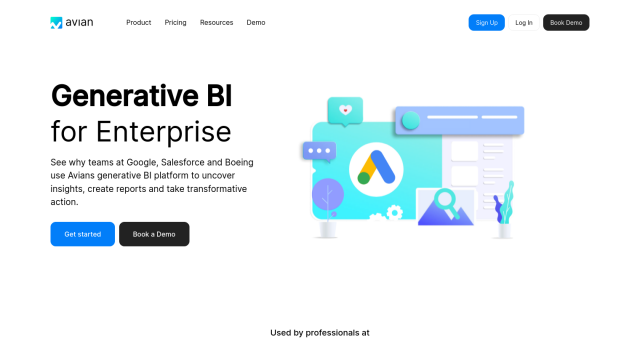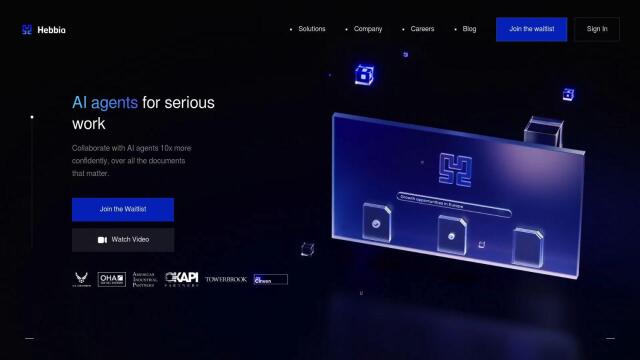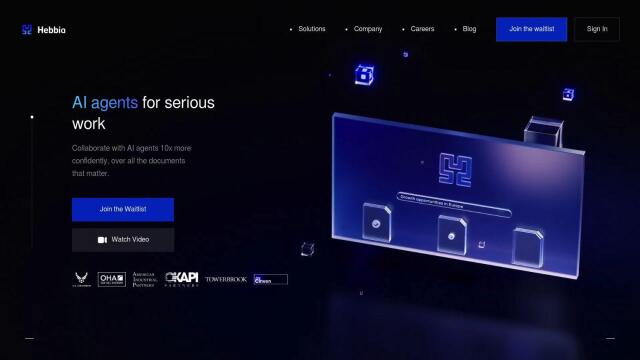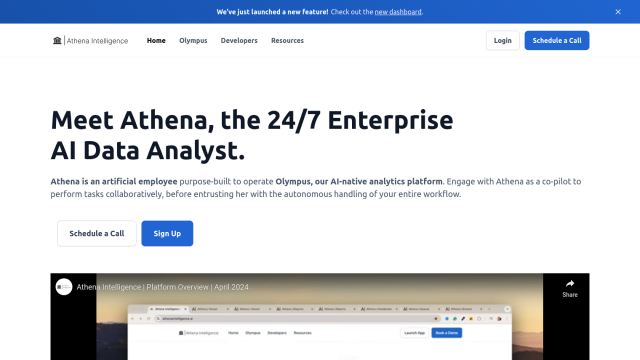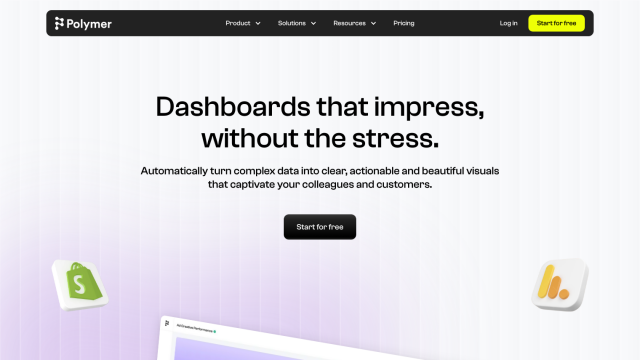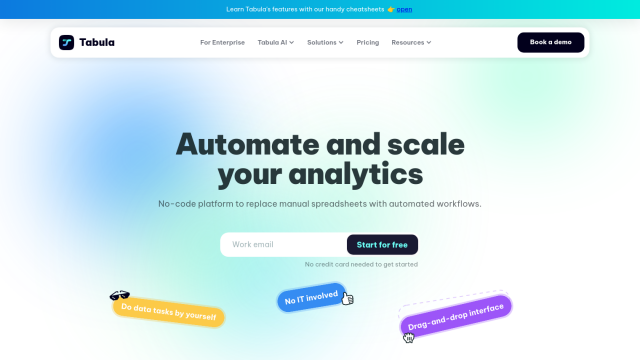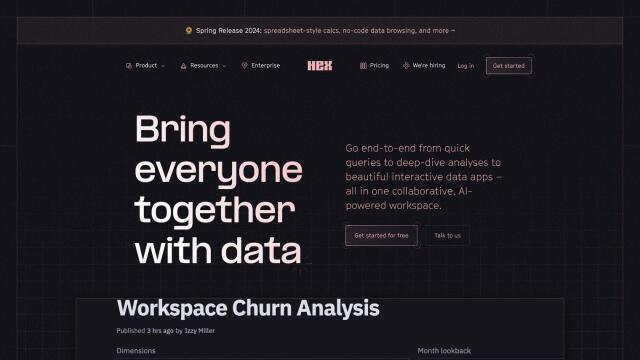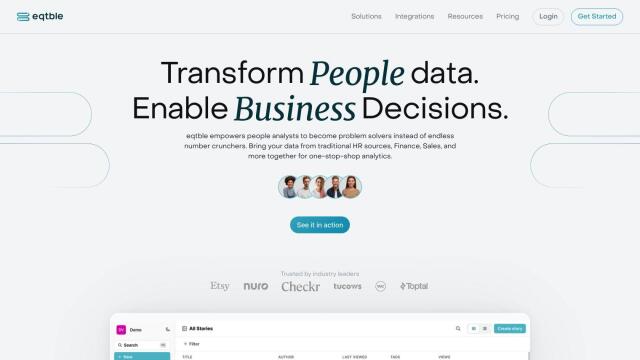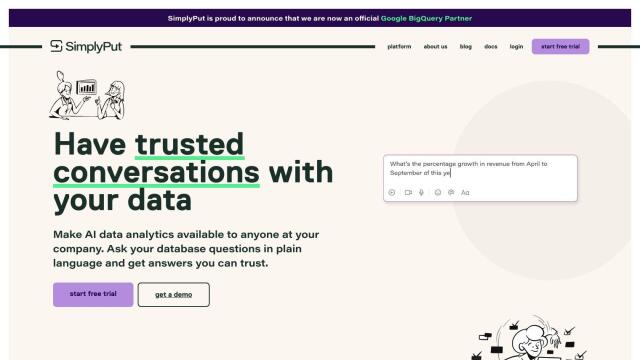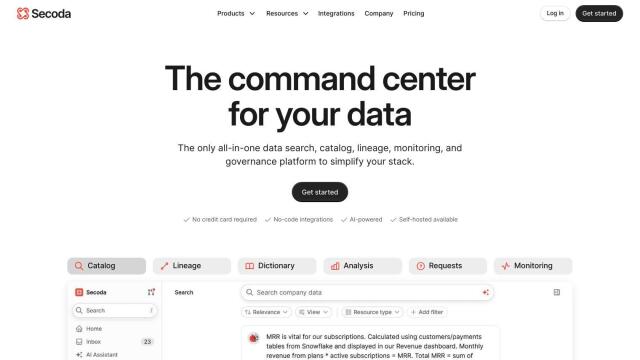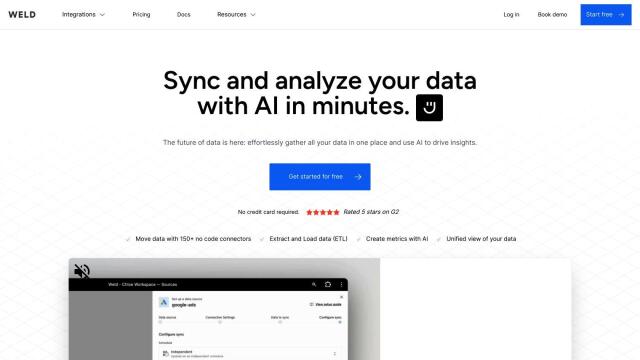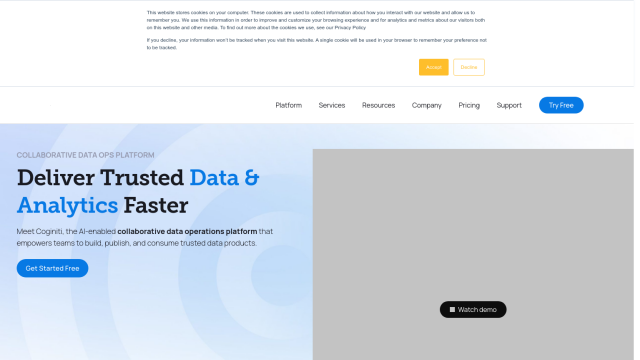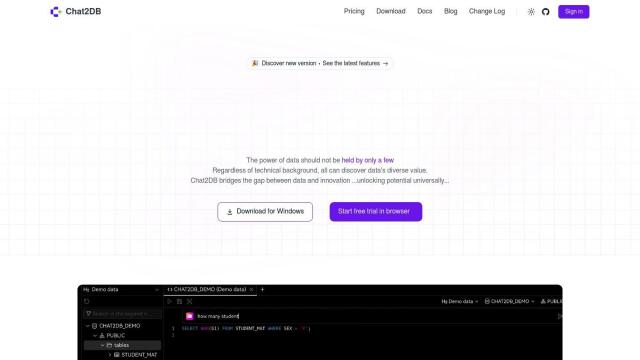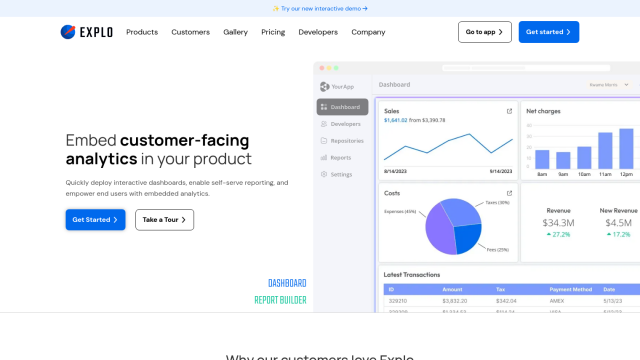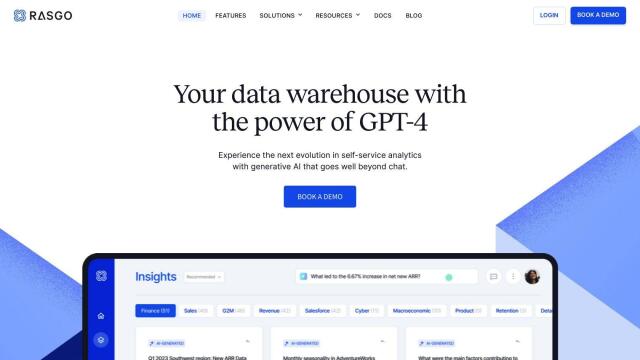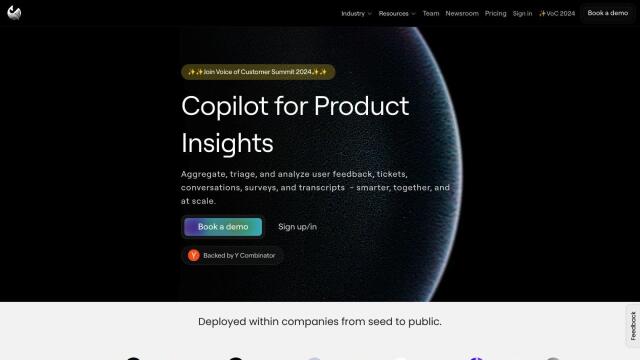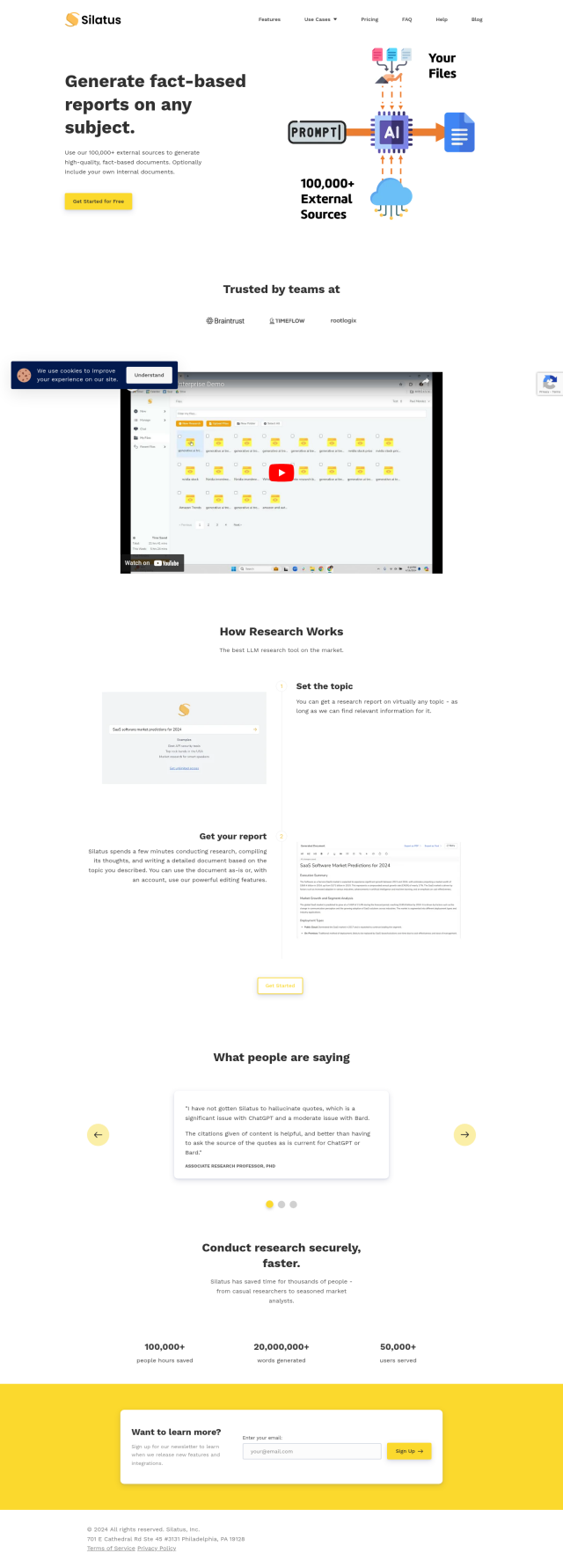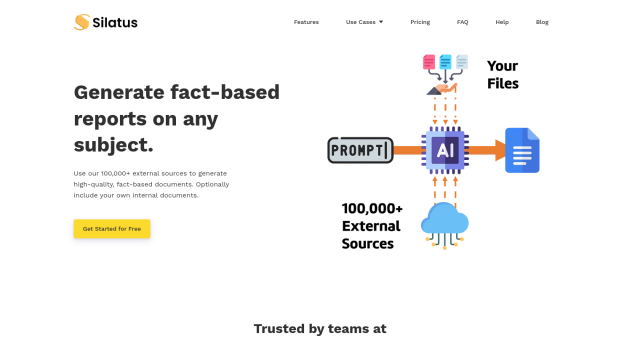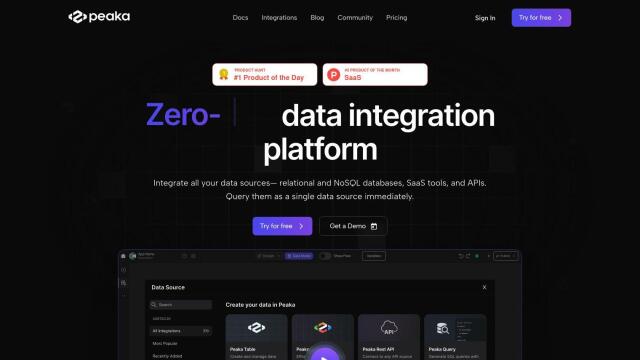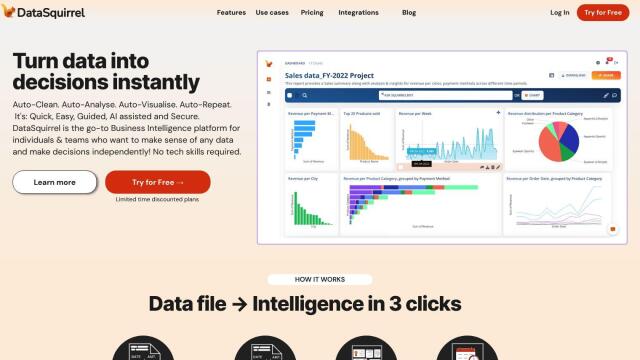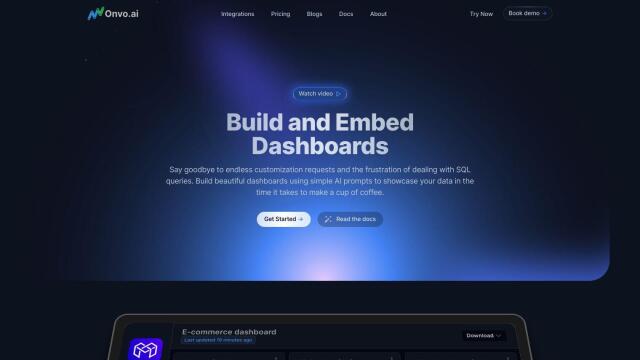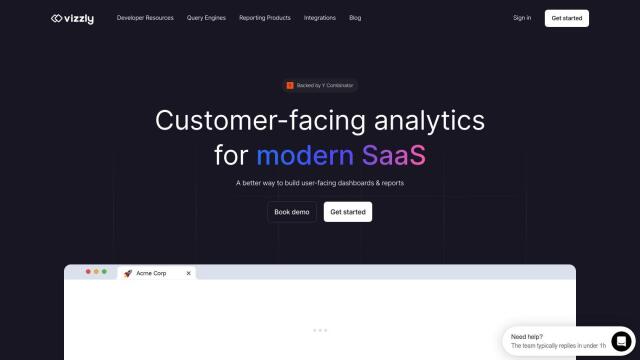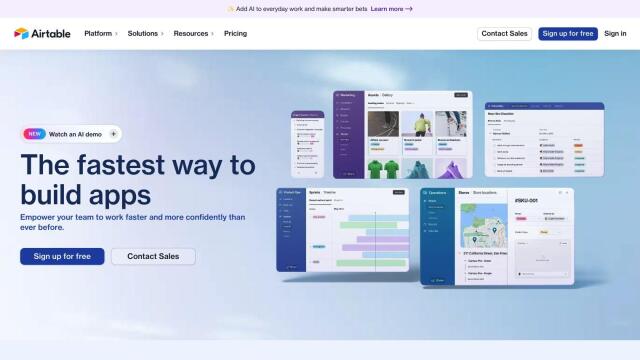Question: Can you recommend a platform that integrates with multiple data sources and generates human-quality reports and insights?

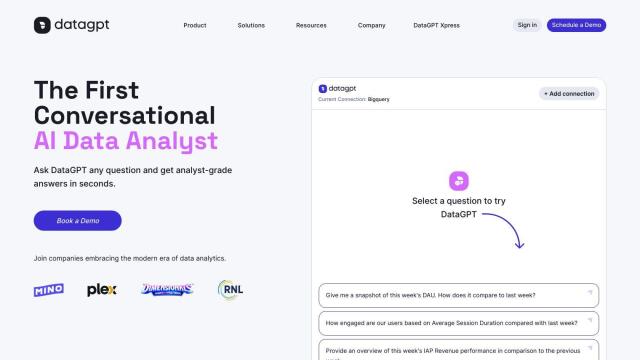
DataGPT
Another strong contender is DataGPT, a conversational AI data analyst that can quickly give you analyst-level answers to your questions. It can connect to a variety of data sources, including BigQuery, and offers automated onboarding and metric setup that can save you a lot of time and money. DataGPT's conversational interface, speed and automated insights are good for tasks like checking for segments, identifying anomalies and comparing analysis. With pre-built templates and integration with daily tools like Google Analytics, DataGPT can help businesses make data-informed decisions quickly.

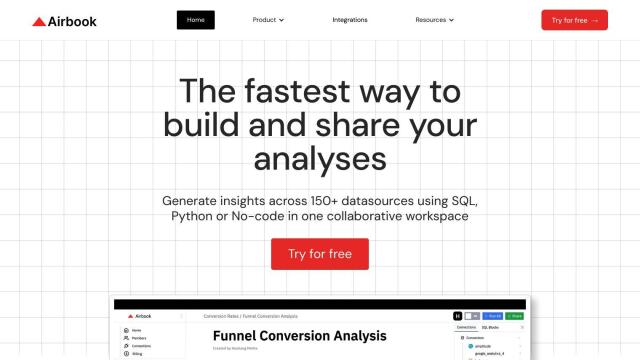
Airbook
If you prefer a more collaborative approach, Airbook offers a collaborative data workspace that connects to more than 150 data sources with native connectors. You can query data with SQL, Python or no-code interfaces, and it offers features like collaborative workspaces, visualization, query saving, version control and AI-generated SQL code. Airbook is good for a variety of use cases like marketing analytics, sales analytics and financial analytics, and can help teams make more data-informed decisions more efficiently.


Dataloop
Last, if you want an AI development platform that handles everything from data curation to model training to pipeline orchestration to human feedback, Dataloop is an option. It can handle a variety of unstructured data types and has strong security controls that meet industry standards. Dataloop is designed to help teams collaborate and speed up development, so it's a good option for companies that want to build their AI capabilities.

